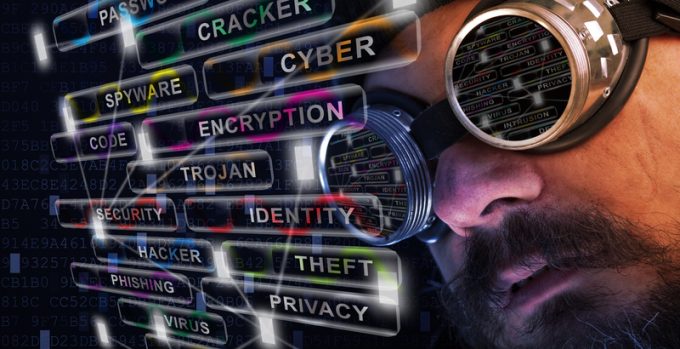Cyber attack on tech provider blacks out live tracking for UK retail deliveries
Some UK retail deliveries have lost live tracking services following a cyber attack on fleet ...

In response to the growing threat of cybercrime to the shipping sector, the UK government has launched a new code of practice to help shipowners improve security.
There are also concerns that vessels with insufficient protection against cyber-attacks could be arrested.
Parliamentary undersecretary for aviation, international and security at the Department for Transport Martin Callanan unveiled the Cyber Security Code of Practice for Ships during London International Shipping Week.
Mr Callanan said cyber security was becoming an increasing concern for industries across the economy, ...
Ecommerce air traffic to US set to grind to a halt as de minimis exemption ends
Maersk u-turn as port congestion increases across Northern Europe
Apple logistics chief Gal Dayan quits to join forwarding group
Widespread blanked sailings stave off major collapse of transpacific rates
Transpac rates hold firm as capacity is diverted to Asia-Europe lanes
Houthis tell Trump they will end attacks on Red Sea shipping
Airlines slash freighter capacity post-de minimis, but 'the worst is yet to come'
MSC revamps east-west network as alliance strategies on blanking vary
Maersk Air Cargo sees volumes fall as it aims for 'margin in favour of revenue'
India-Pakistan 'tit-for-tat' cargo ban sparks sudden supply chain shocks
Containership charter market feels the ripples from trade tensions
Gemini Cooperation carriers steam ahead of rivals in reliability stakes
Changing shipment origin won't wash: US CBP turns away whole truckloads
Expeditors reports healthy growth in a 'frenzied landscape of tariffs'
Tariff on imported products for drugs would be hard for US pharma to swallow
Atlas Air stays bullish on US change: 'we're flexible, we can fly to other markets'


Comment on this article